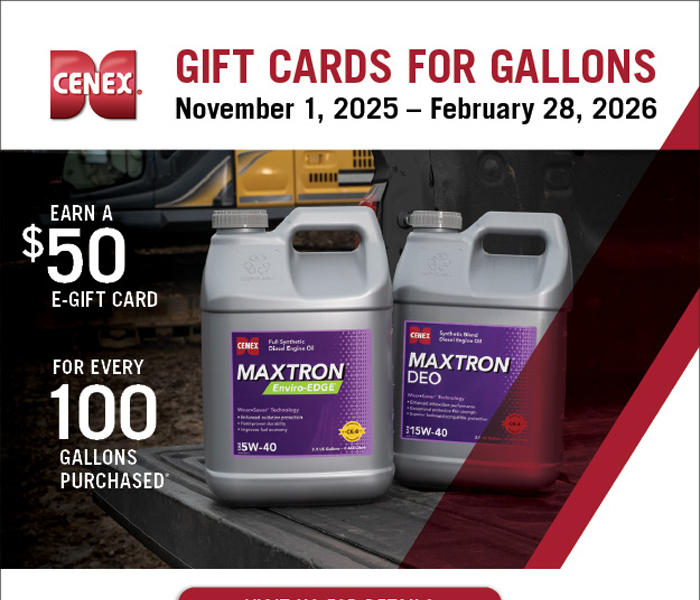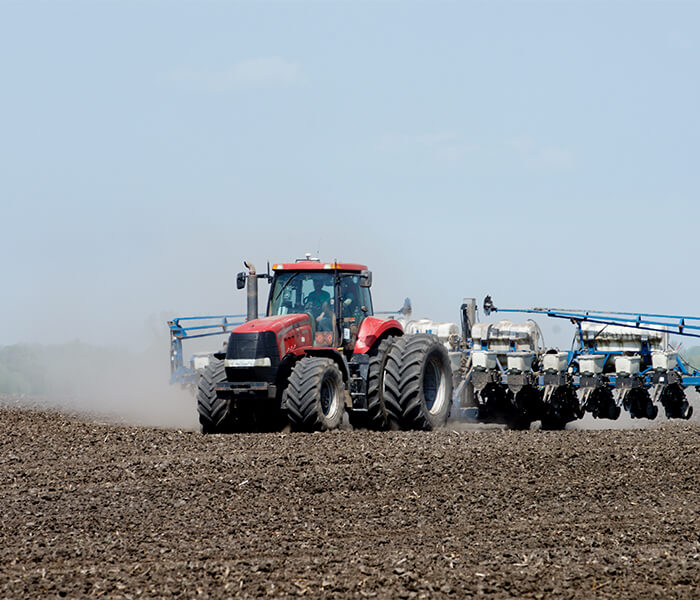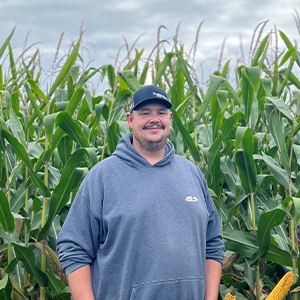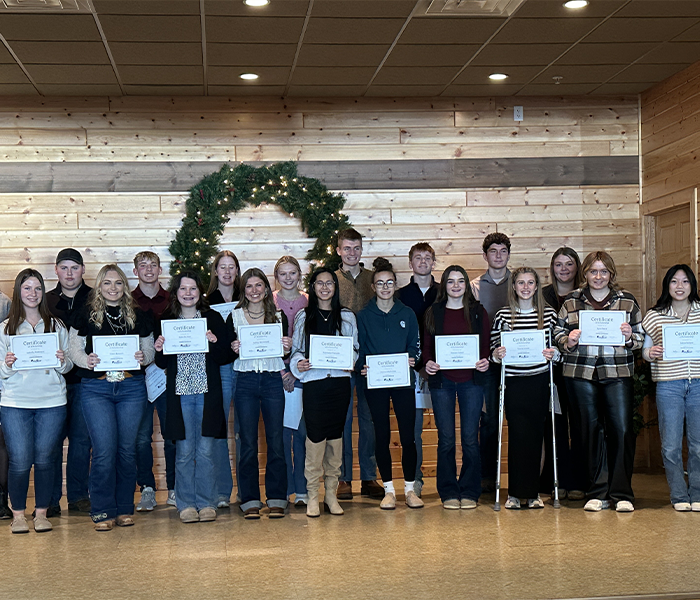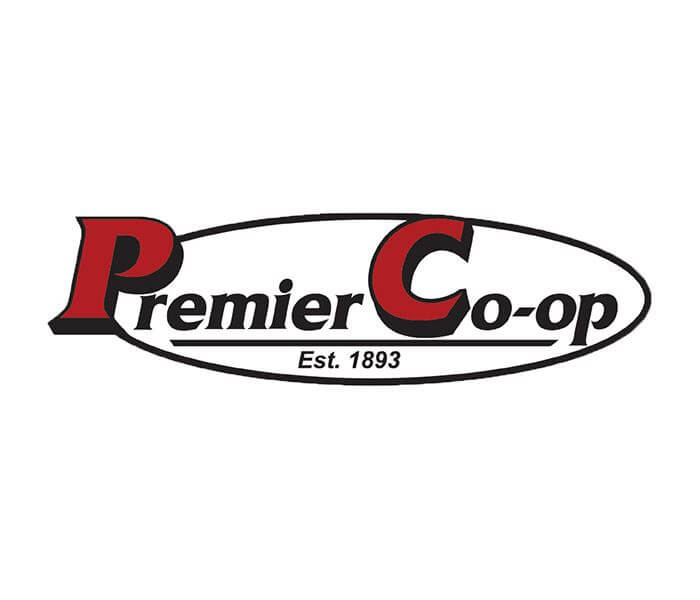Plant '25.
Planting season is quickly approaching! If you have not met with your Premier Cooperative agronomist to get your 2025 crop plan together, now would be an excellent time. We are working on getting growers’ crop plans done, and making sure all our growers’ needs will be met by making sure all necessary seed, fertilizer, and chemicals are on hand for the 2025 season. With the lower prices in corn and soybeans, it is very tempting to cut back on inputs in response to declining revenues. However, by cutting inputs whether it be fertilizer, a herbicide pass, fungicide, or cheaper seed hybrids, it could cost you a lot more in the long run.
For example, it is important for growers to maintain soil fertility for good plant root structures which equates to healthy stands and good yields. Cutting back on fertilizer inputs may not only reduce the chance of a good yield for the current growing season but also for future years. It can be a lot harder and costly to catch up your soil fertility than it is to maintain it. Weed resistance to herbicides is becoming more and more common, which increases the cost of herbicide programs. But sticking to a good program with the help of your Premier Cooperative agronomist will be best for long-term profitability and success. Agronomists at Premier Cooperative have a budget worksheet to help figure out what your cost of production is. Using this information is the best way to make decisions on inputs.
I hope 2025 is a great year for all our members at Premier Cooperative. We always try our best to plan and be ready for the upcoming growing season. Every year seems to bring new challenges like big warmups in March or early April to hard freezes on Memorial Day weekend. We have also seen years where every time it rained it brought 5 inches at a time, delaying planting or sprayer and fertilizer applications, or years so dry we can’t get the planters in the ground nor herbicides activated. Ever year is different, and your partnership and patience are very much appreciated; we will do our best to service our members and help them maximize yields.
